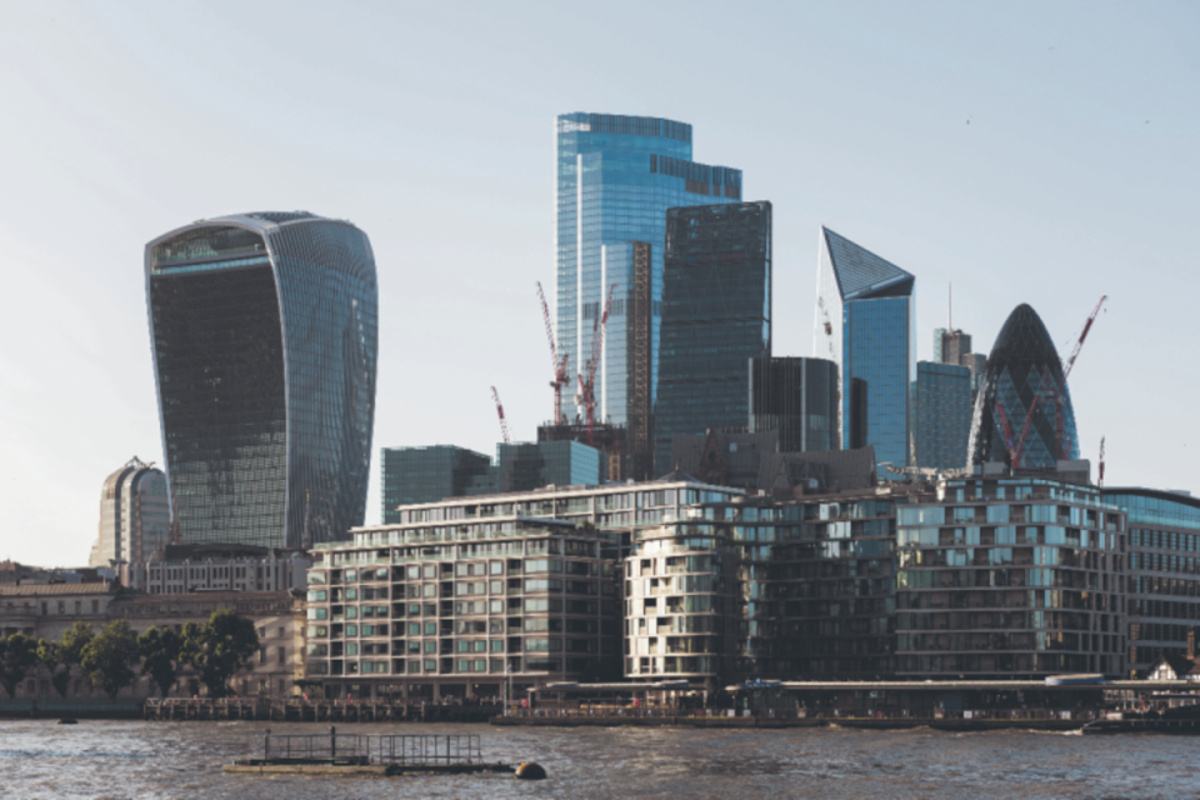Top economists cast doubt on Reeves’ Budget growth pledge
Top economists are split on whether last week's Budget will deliver a boost to the UK economy over the next five years, a City AM poll has revealed, as the Chancellor tries to calm markets.


Top economists are split on whether last week’s Budget will deliver a boost to the UK economy over the next five years, a City AM poll has revealed, as the Chancellor tries to calm markets.
Asked whether last week’s Budget will increase UK GDP growth over the course of this parliament, the 16 leading economists surveyed were evenly split between yes and no.
Rachel Reeves unveiled £41bn per year in tax rises as Labour pledges to boost growth and plug a £22bn “black hole” in the public finances that it says was left by the previous Conservative government.
The Budget triggered a selloff in UK bonds as traders digested official projections that the government will need to borrow an additional £142bn over the next five years to help fund nearly £70bn of extra annual spending.
The Office for Budget Responsibility (OBR) predicted the Budget will give a short-term uplift to real GDP, by 0.6 per cent at its peak in 2025-26.
However, it estimated a negative impact of roughly 0.1 per cent by 2029-30 as public investment crowds out private firms and higher employer national insurance contributions drag on the worker participation rate.
Answering to the nearest half-percentage point, two economists surveyed by City AM predicted the Budget will negatively impact GDP by some 1.5 per cent in five years.
Meanwhile, one predicted a roughly one per cent hit and a further three said around negative 0.5 per cent.
Three economists said the Budget will have a broadly neutral impact on GDP by 2029-30, while six eyed a roughly 0.5 per cent boost. The top end of the range saw one economist predict a positive impact of around one per cent.
“On paper, the additional borrowing in the Budget should provide a small fiscal stimulus,” Julian Jessop, economics fellow at the Institute for Economic Affairs, told City AM.
“But this could be more than offset by the drag from higher taxes, more state intervention and the crowding out of private investment.”
The OBR predicted the UK economy will expand by two per cent in 2025 before hefty taxes on businesses limit growth to roughly 1.5 per cent growth in the final year of the parliament.
The watchdog made slight downgrades from its last GDP predictions in March. It now forecasts 1.8 per cent growth in 2026, down from two per cent, and 1.5 per cent growth in 2027, down from 1.8 per cent.
Suren Thiru, economics director at accountancy body the ICAEW, said: “Tax rises on businesses combined with poor productivity could mean that growth is shallower than the OBR is expecting.
“While the tax hikes announced could undermine the government’s growth mission, the ultimate test for this Budget will be whether the long overdue boost to investment can significantly increase productivity and living standards over the long term.”
According to the OBR’s forecast, the entire package of measures within the Budget will not have a “net positive effect on potential output” until 2032.
In response to City AM‘s survey, the Treasury provided comments made by Reeves to Sky News on Sunday that she was “not satisfied” with the OBR’s growth forecast.
“I think we can grow our economy faster than those numbers, and that’s my job now to get those growth numbers up,” she said.



